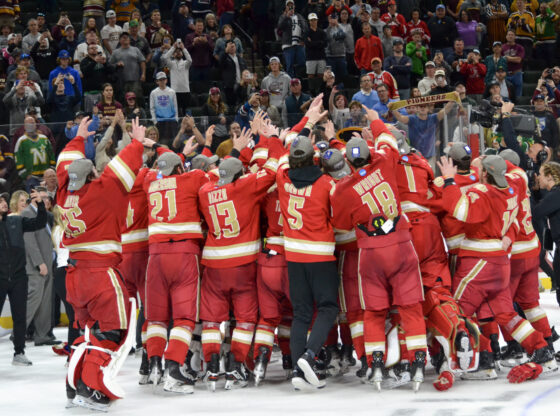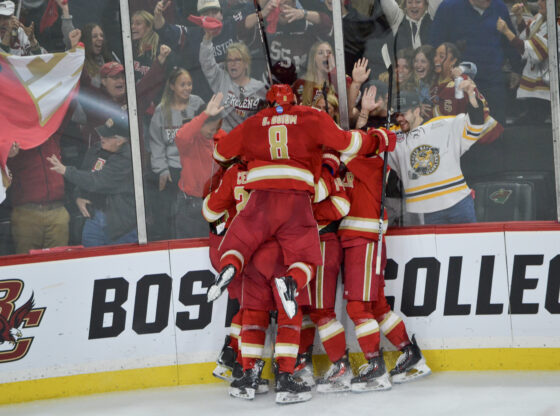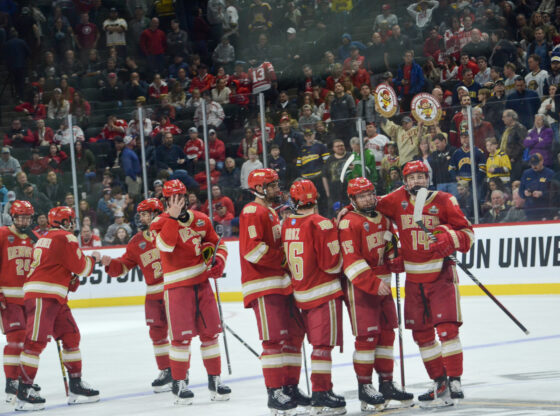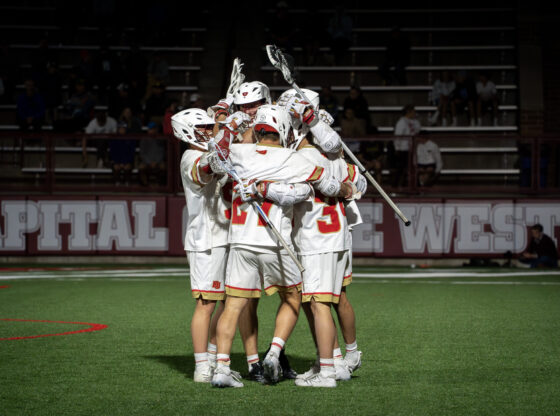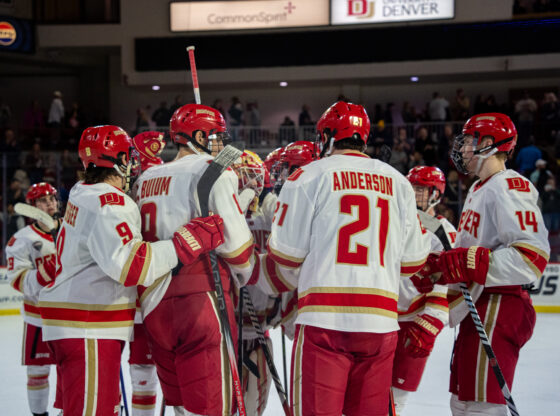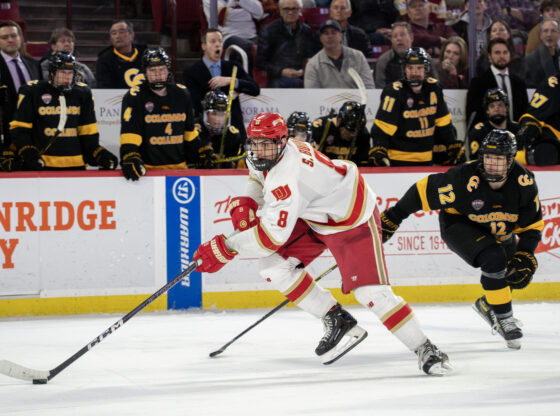Football fans around the globe have had a week to let the tragic news from last week, regarding the shocking suicide of former NFL superstar Junior Seau, settle in, and after a weekend of somber reflection, it is clear something drastic needs to be done.
In Seau’s passing, the game doesn’t only lose one of its all-time greats – a 10-time All-Pro and a 12-time Pro Bowler, whose 20-year career will undoubtedly earn him a spot in the Hall of Fame – it also loses a lot of its appeal. Seau, a native of California, was an icon on the field for his hometown San Deigo Chargers and has become an iconic figure once more, through his death.
The way in which the 43-year-old decided to take his life – with a gunshot to the chest – acts as a de facto suicide note. He wanted his brain to be studied and observed so the sport he loved to play can inch closer to a solution in the ongoing epidemic of concussion-related deaths amongst former NFL players.
The Seau family has made a decision in regards to the studying of their son’s brain. After much deliberation, they have agreed to let it be studied, a decision that hopefully garnishes some sort of immediate impact.
Seau became the eighth player from the 1994 Chargers to die young, which should be an alarming enough statistic, but then take this into consideration: For every season a player spends on an NFL roster, his life expectancy decreases almost three years, according to a study done in the St. Petersburg Times.
The average lifespan of an American male is almost 75, but according to the Times’ study, an NFL player, whose career lasts four years on average, lives to be only 55. The more time a player spends in the NFL, the more games and practices he survives, the faster he will die.
This tragic death is a wake-up call for a league that has ignored so many in the past. The solutions of the past – new, high-tech equipment, a shortened season, increased fines on big hits, etc. – have not worked. A groundbreaking step needs to be taken, and time is of the essence, because this cannot be tolerated much longer.
Although we are a nation fixated on this gladiator-like ritual of Sunday gridiron, the humanity has not run out of our veins to the point where we are willing to trade life for entertainment.
We are not savages. Now, in the weeks that follow, we must prove we aren’t, rather than saying it. As sports fans, we must stand together to increased awareness of the issue of brain trauma amongst former NFL players until there is serious action taken. This is not an issue where we should tread lightly.
Why? Because people killing themselves as a byproduct of their profession is not acceptable.
While we, as a collective community of football fans, mourn the death of a legend, we must look forward to the future and hope it holds more promise, because, right now, the future of the sport is in jeopardy. If death comes as a result of this game – no matter when, where, why, who or how – then it can’t continue to be played.


